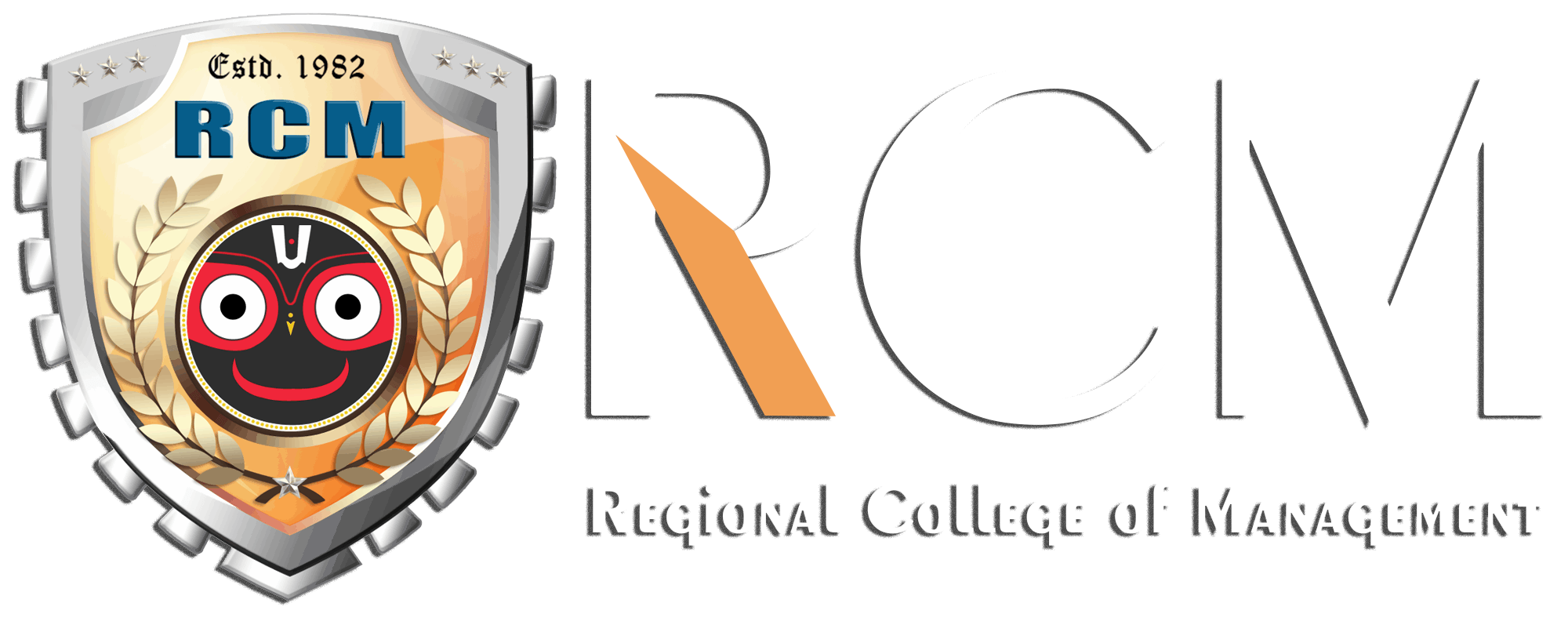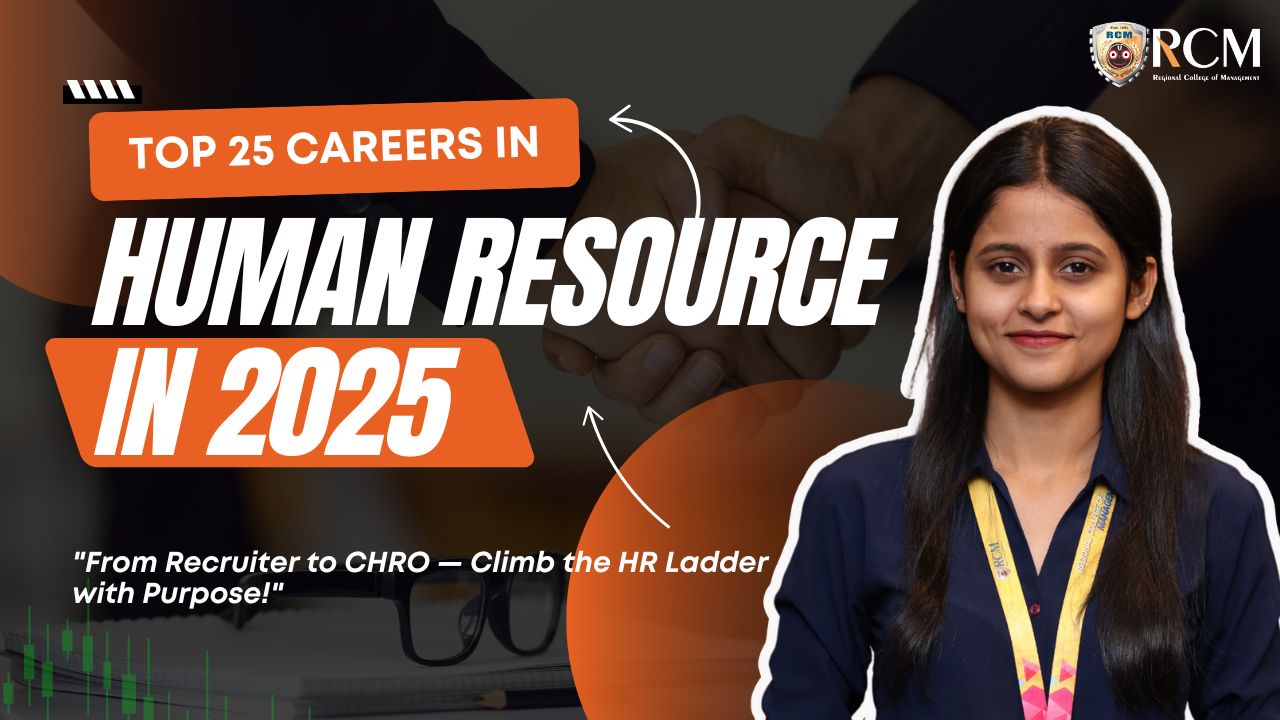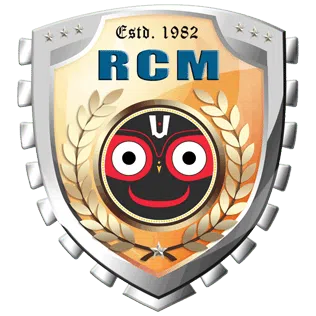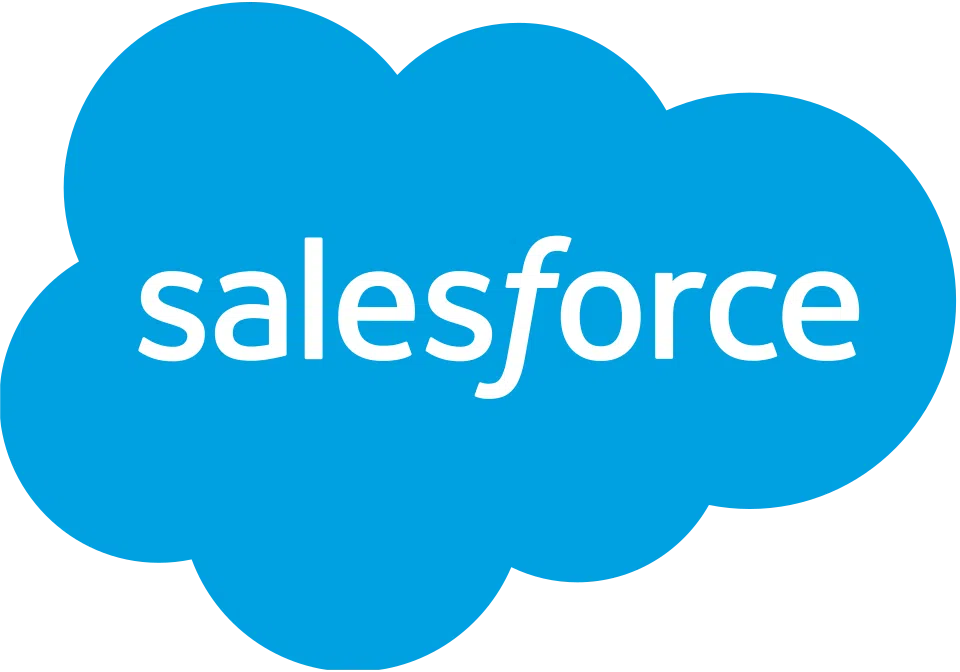What are the top careers in human resource management in 2025?
In 2025, careers in human resource management include roles like HR Generalist, HR Analyst, Talent Acquisition Specialist, Compensation & Benefits Manager, Learning & Development Manager, and Chief Human Resources Officer (CHRO). These positions exist across various levels in the human resources hierarchy, from entry-level HR executives to strategic leadership roles.
Introduction: Why Choose a Career in HR Management?
In today’s rapidly evolving corporate landscape, careers in human resource management have transcended traditional administrative roles. HR professionals are now pivotal to organizational growth, shaping talent strategy, organizational culture, and employee engagement. With the rise of automation, AI, DEI (Diversity, Equity, and Inclusion), and hybrid workplaces, the field offers an ever-expanding range of opportunities. If you’re pursuing a human resource management degree or planning to, this blog will guide you through the top HR careers, roles, hierarchies, and job opportunities in 2025.
Top 25 Careers in Human Resource Management in 2025
| Role | HR Level | Key Responsibilities |
|---|---|---|
| 1. HR Executive | Entry-Level | Employee records, onboarding support |
| 2. HR Assistant | Entry-Level | Admin tasks, employee queries |
| 3. Recruitment Coordinator | Entry-Level | Interview scheduling, candidate tracking |
| 4. HR Generalist | Mid-Level | HR operations, payroll, benefits |
| 5. Talent Acquisition Specialist | Mid-Level | End-to-end recruitment |
| 6. HR Analyst | Mid-Level | Data reporting, HR metrics |
| 7. Compensation & Benefits Analyst | Mid-Level | Salary benchmarking, benefits management |
| 8. Employee Relations Officer | Mid-Level | Conflict resolution, workplace policies |
| 9. Training Coordinator | Mid-Level | L&D support, logistics |
| 10. L&D Manager | Managerial | Design and deliver training programs |
| 11. HR Business Partner (HRBP) | Managerial | Align HR with business strategy |
| 12. Diversity & Inclusion Officer | Managerial | Foster inclusive workplace policies |
| 13. Talent Development Manager | Managerial | Employee growth planning |
| 14. Compensation & Benefits Manager | Managerial | Reward strategy, salary structure |
| 15. HR Compliance Manager | Managerial | Legal and ethical HR practices |
| 16. Workforce Planning Manager | Managerial | Forecast talent needs |
| 17. HR Project Manager | Managerial | Drive HR transformation projects |
| 18. HR Technology Specialist | Specialist | Implement and manage HRMS |
| 19. Organizational Development Consultant | Specialist | Optimize org structure & culture |
| 20. HR Strategy Consultant | Senior Specialist | Strategic advisory |
| 21. Industrial Relations Manager | Senior-Level | Union negotiations, labor laws |
| 22. Head of Talent Acquisition | Senior-Level | Oversee recruitment strategy |
| 23. Director of HR | Senior Leadership | Lead HR department operations |
| 24. Chief Human Resources Officer (CHRO) | C-Suite | Define HR vision & strategy |
| 25. HR Entrepreneur / Consultant | Entrepreneurial | Independent HR services |
Understanding the Hierarchy of HR Positions
The human resources hierarchy is typically structured as follows:
- Entry-Level HR Roles (Assistant, Coordinator, Executive)
- Specialist Roles (Talent Acquisition, L&D, Compensation)
- Managerial Roles (HR Manager, OD Manager, HRBP)
- Strategic Leadership (Director, CHRO)
Each level demands deeper knowledge, broader responsibilities, and stronger leadership skills. Climbing the HR ladder often means upskilling in technology, analytics, and strategic thinking.
Types of Human Resource Management Jobs
Different types of HR-related jobs focus on unique pillars of human capital management:
- Core Operations: Generalist, HRBP
- People Development: L&D, Talent Management
- Recruitment: Talent Acquisition, Employer Branding
- Compensation & Benefits: Payroll, Reward Strategy
- Compliance & Ethics: Legal, Diversity & Inclusion
- HR Tech & Analytics: HRMS Admins, People Analytics
What Are the Responsibilities of an HR Manager?
A human resources manager plays a key role in shaping organizational performance. The job of an HR manager involves:
- Planning HR strategies aligned with business goals
- Supervising recruitment and onboarding
- Designing compensation and benefits systems
- Ensuring compliance with labor laws
- Managing employee grievances and relations
- Promoting workplace learning and development
Whether you’re wondering about what does an HR manager do, how to become an HR manager, or the responsibilities of a human resource manager, this role is central to organizational health and future-readiness.
HR Career Path: How to Progress in Human Resource Management?
The typical HR career path starts from operational roles and gradually transitions into strategic leadership.
Step-by-step journey:
- Start with a HR management degree or HR certification
- Gain exposure through internships and assistant roles
- Move to mid-level specialized roles
- Upskill in analytics, labor laws, and strategy
- Lead teams or consult as a senior expert or CHRO
A degree in human resource management (HRM) helps you build a strong foundation in HRM concepts, workforce planning, industrial relations, and labor law.
What’s Trending in HR in 2025?
- People Analytics and HR Tech Integration
- Remote Work & Digital Onboarding
- AI in Talent Acquisition
- Diversity, Equity & Inclusion (DEI)
- Wellbeing-Centric Culture
These trends are creating new HR job opportunities and reshaping existing roles. The demand for tech-savvy and emotionally intelligent HR professionals is skyrocketing.
How RCM’s Plus Programs Prepare You for the HR World
At the Regional College of Management (RCM), Bhubaneswar, the MBA+ and PGDM+ programs are uniquely designed for aspirants eyeing top careers in human resource management.
Specializations include:
- HR Analytics & Operations
- Organizational Behavior and Leadership
- Strategic HRM
- Workplace Psychology & DEI
- AI & Technology in HR
With industry-focused modules, expert mentorship, and global certifications, RCM prepares students for high-impact roles across human resources employment sectors.
If you’re aiming to master the different types of human resources positions, understand the human resources career path, and become a leader in HR, studying human resource management at RCM is your launchpad.
FAQS
Q: What are the levels in human resources jobs?
A: From entry-level HR assistant to CHRO, roles progress through executive, managerial, and strategic levels.
Q: Is HR a good career in 2025?
A: Yes! With expanding opportunities in analytics, DEI, and tech, jobs in the HR field are more dynamic and rewarding than ever.
Q: What qualifications are needed for HR careers?
A: A degree in HRM or business, along with certifications in HR analytics, labor law, or digital HR tools.
Final Thoughts
The future of HR is agile, data-driven, inclusive, and tech-empowered. If you’re ready to explore the different HR roles and ride the wave of transformation, now is the time to act. Equip yourself with the right education, and choose an institution like RCM, where your human resources degree is more than just a qualification — it’s your ticket to a thriving global career in human resource management.






















